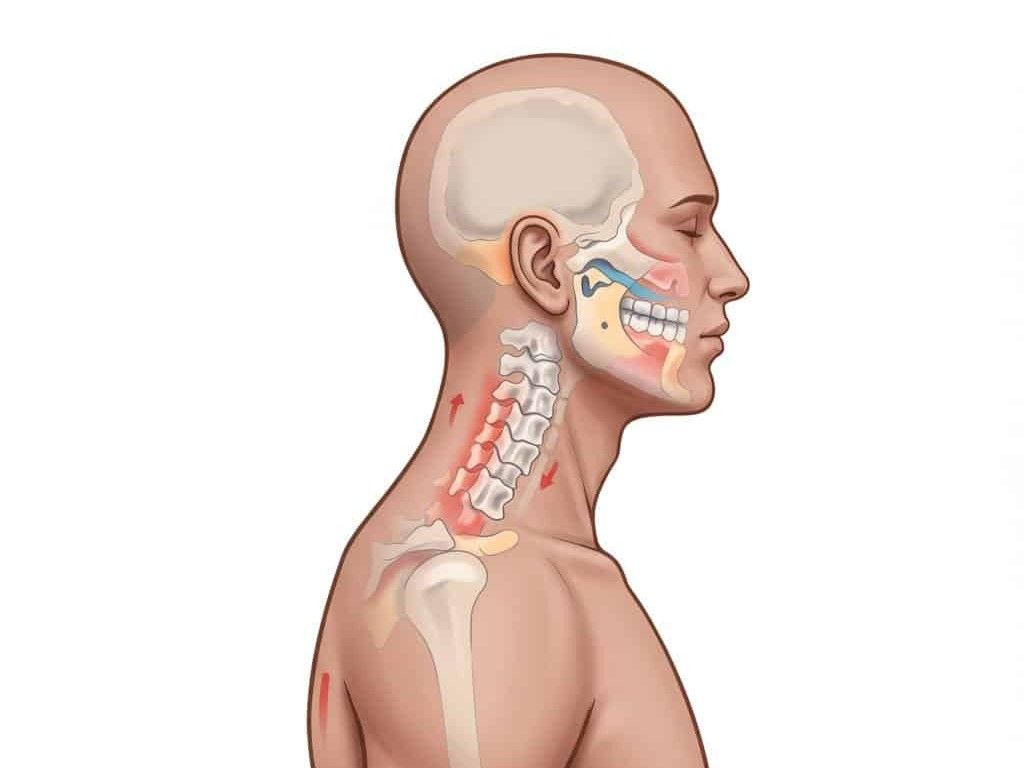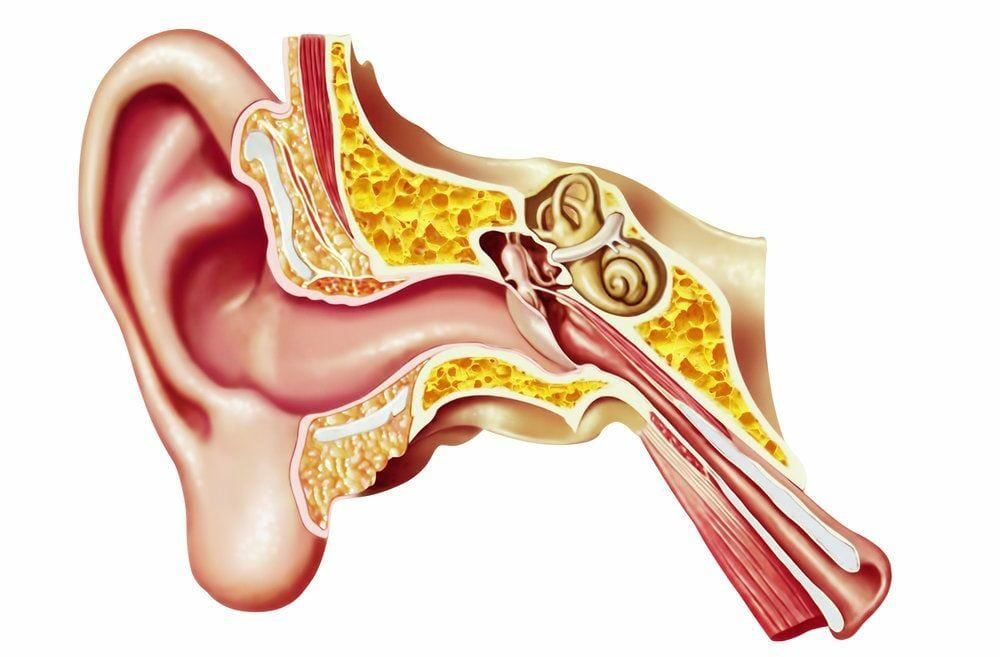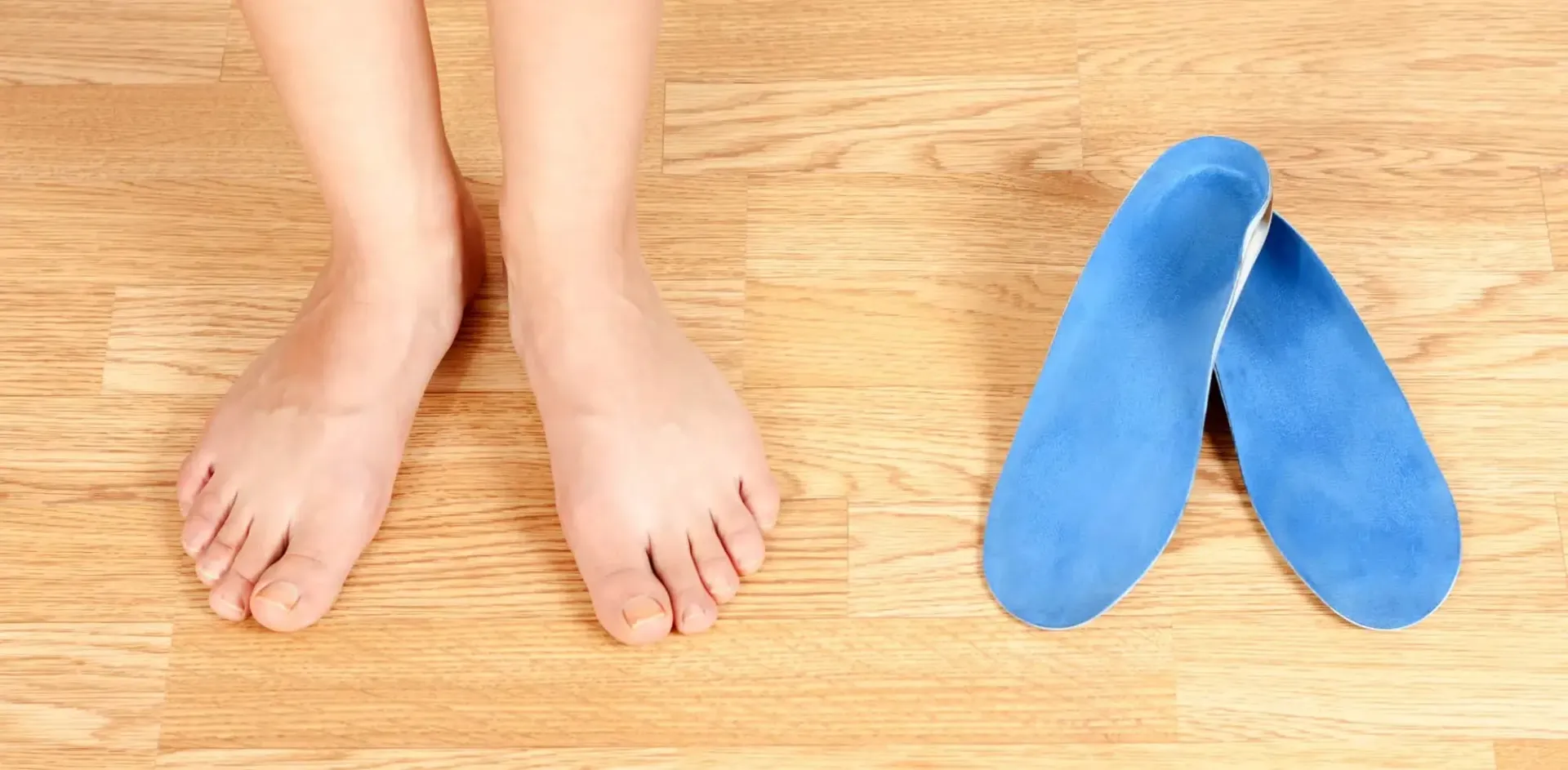Understanding Chiropractic Solutions for Herniated Disc
Living with a herniated disc can be debilitating, significantly affecting one’s mobility and quality of life. For those suffering from this condition, chiropractic care presents a non-invasive alternative to conventional treatments that has the potential to relieve pain and improve functionality. But what does this treatment involve, and how does it address herniated and bulging discs? Let’s explore.
Chiropractic Care for Treating Herniated and Bulging Discs
Chiropractic care aims to provide relief from the pain caused by herniated or bulging discs and improve the individual’s mobility. Let’s take a closer look at these conditions and how chiropractic treatments for herniated discs work.
- Herniated Disc: A herniated disc occurs when the soft center of a spinal disc pushes through a crack in the tougher exterior casing. This can irritate nearby nerves and result in pain, numbness, or weakness.
- Bulging Disc: A bulging disc, while similar, involves the disc protruding out of its normal space without breaking through the exterior.
The Role of Chiropractic Care in Treatment
Through specific spinal manipulation techniques, chiropractors can help align the spine, reduce nerve irritability, and improve the function of the affected area. While chiropractic care may not 'fix' a herniated disc, it can offer significant relief from symptoms and improve quality of life.
Safety is a paramount concern when treating a herniated disc. Experienced chiropractors will conduct a thorough assessment, including medical history and an extensive physical assessment, before proceeding with treatment. Adjustments are tailored to the individual’s condition, ensuring that they are both safe and effective.
How Many Chiropractic Sessions Do I Need for a Herniated Disc?
The number of sessions required varies depending on the severity of the disc herniation, the client’s overall health, and their response to treatment. Some may feel relief after a few sessions, while others may need ongoing care to manage their condition. A chiropractor will develop a personalized treatment plan aimed at achieving the best possible outcomes.
Things to Avoid With a Herniated Disc
Certain activities can exacerbate the symptoms of a herniated disc and should be avoided:
- Heavy lifting or twisting of the spine in a way that strains the back.
- Prolonged sitting or standing in positions that put pressure on the disc.
- High-impact activities that jolt or strain the spine.
Does a Herniated Disc Ever Fully Heal?
The body has an incredible capacity to recover, and with the right care, symptoms of a herniated disc can significantly improve or even resolve completely. The recovery process, however, varies greatly from person to person. Factors such as the disc's location, the severity of the herniation, and the individual’s overall health contribute to the recovery. While the disc itself may not "heal" in the traditional sense—returning to its pre-herniation state—it's possible for individuals to achieve a pain-free status and regain full function through proper treatment and rehabilitation.
The Benefits of Massage for a Herniated Disc
Massage therapy can be a valuable component of a comprehensive treatment plan for a herniated disc. It may not directly correct the herniation, but it can provide significant relief from pain and discomfort associated with this condition. Massage helps by:
- Reducing muscle tension and spasms that often accompany a herniated disc.
- Improving blood circulation to the affected area, promoting recovery and reducing inflammation.
- Inducing a relaxation response, which can lower the perception of pain.
It's important to note, however, that massage therapy should be approached with caution and performed by professionals experienced in treating herniated discs. Always consult with your healthcare provider before starting massage therapy for a herniated disc to ensure it's safe and appropriate for your specific situation.
The Best Treatment for a Herniated Disc
The best treatment for a herniated disc is often a multimodal approach tailored to the individual’s specific symptoms, severity, and health status. This strategy may include:
- Chiropractic care, to improve spinal alignment and relieve nerve pressure.
- Physiotherapy, to strengthen the muscles supporting the spine and improve flexibility.
- Massage therapy, to relieve associated muscle tension and pain.
- Lifestyle adjustments, including ergonomic improvements and weight management to reduce strain on the spine.
Take the First Step Toward Recovery
At Rosedale Wellness Centre in Toronto Downtown, we are dedicated to offering a holistic and personalized approach to herniated disc recovery. We understand that each client’s experience with a herniated disc is unique, requiring a personalized treatment plan. Our team of healthcare professionals collaborates closely to provide targeted care that addresses not just the symptoms but the root causes of your condition. Don't let a herniated disc dictate the terms of your life. Contact us today to book your appointment.










